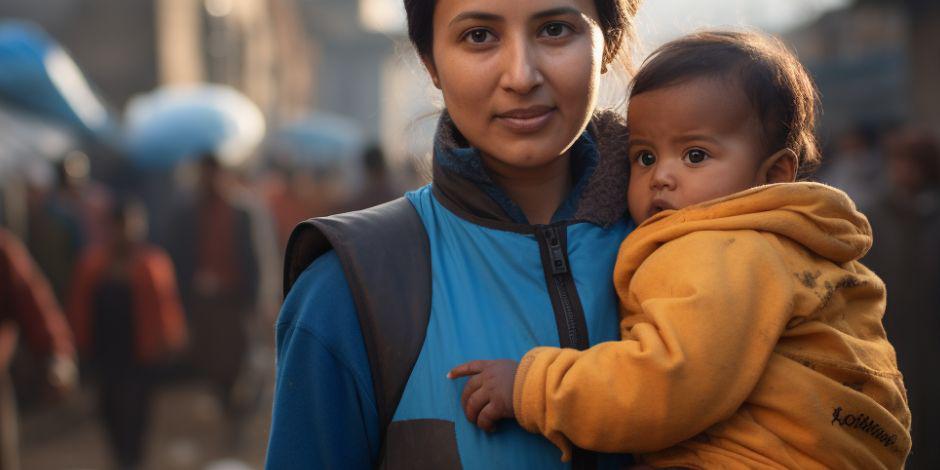Multistakeholder coalitions to support farmers in the cotton and rubber value chains
The 10th OECD Forum on Due Diligence in the Garment and Footwear Sector will take place on 21-22 February 2024 at the OECD Conference Centre, Paris, and online.
The Forum brings together representatives of government, business, trade unions and civil society to review progress on the implementation of the OECD Due Diligence Guidance for Responsible Supply Chains in the Garment and Footwear Sector to address emerging risks, and to share learnings on implementing due diligence across geographies in a neutral environment. As part of the 2024 Forum, the OECD will encourage attendees to also participate in a limited number of selected virtual side sessions, organised and hosted by partner organisations. These sessions will take place alongside the Garment Forum on 19, 20, and 23 February 2024.
This event is led and moderated by Ksapa, a global initiative designing and deploying programs mitigating human right risks at level of vulnerable beneficiaries including smallholders in agricultural value chain the like cotton, natural rubber and others.
Krystel Bassil, Ksapa, senior consultant human rights will moderate the session with contributions from Stefan Hoerr, Fair Rubber Association, Executive Director and Chelsea Reinhardt, BetterCotton, Director of Standards and Assurance.
Smallholders account for 99% of world’s cotton production across 70 countries, and 85% of global production of natural rubber. Cotton is a primary fabric. Natural rubber is essential for components like elastic bands in garments. These highly fragmented supply chains present several challenges including:
- inefficient production practices and limited access to modern technologies,
- insufficient collective action hampering access to fair price while hindering the adoption of sustainable practices, certifications that are becoming increasingly important in global markets
- inadequate infrastructure, including roads, storage facilities, and market linkages, can lead to post-harvest losses and difficulty in reaching distant markets. Smallholders often face financial constraints, limited access to credit, and lack of knowledge in financial management, making it challenging to invest in their farms and improve productivity
- Lastly, climate change exacerbates these challenges, causing unpredictable weather patterns and extreme events that can devastate crops. Smallholders struggle to adapt to changing conditions due to limited resources and lack of technical expertise.
Addressing these issues requires comprehensive multistakeholder action that support smallholders through training, access to finance, improved infrastructure, and market linkages.
Join us for an exciting online event focused on creating multistakeholder coalitions to support farmers in the cotton and rubber value chains. This event will bring together experts, and industry leaders to discuss challenges and opportunities in these industries.
Whether you are a policy maker, industry professional, or stakeholder interested in sustainable agriculture, this event is a must-attend. Don’t miss this opportunity to connect with like-minded individuals and contribute to the resilience of these vital value chains.
Session recording
Podcast (events-podcasts): Play in new window | Download


